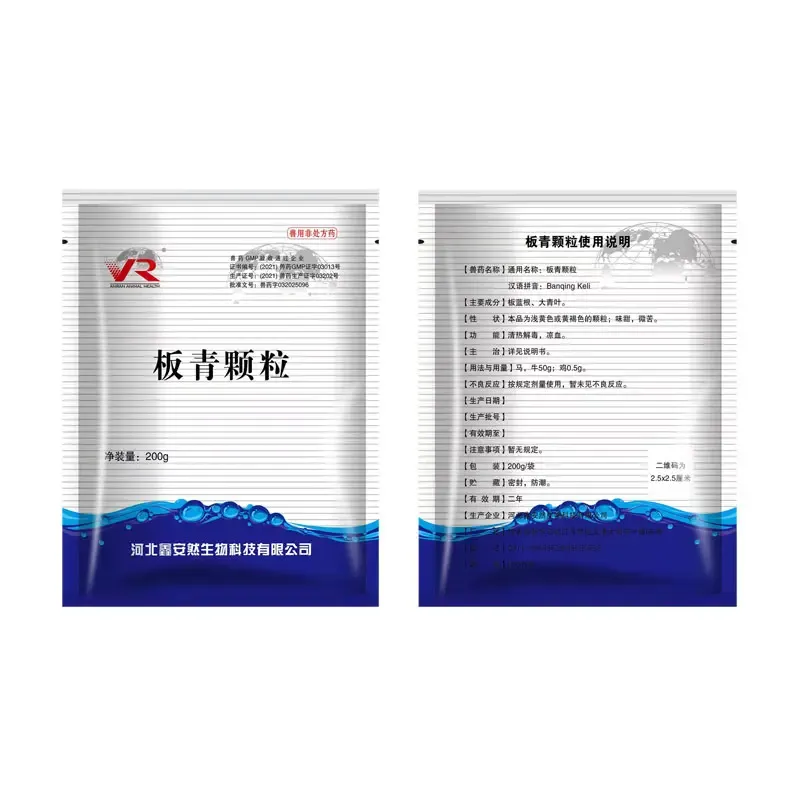- Afrikaans
- Albanian
- Amharic
- Arabic
- Armenian
- Azerbaijani
- Basque
- Belarusian
- Bengali
- Bosnian
- Bulgarian
- Catalan
- Cebuano
- Corsican
- Croatian
- Czech
- Danish
- Dutch
- English
- Esperanto
- Estonian
- Finnish
- French
- Frisian
- Galician
- Georgian
- German
- Greek
- Gujarati
- Haitian Creole
- hausa
- hawaiian
- Hebrew
- Hindi
- Miao
- Hungarian
- Icelandic
- igbo
- Indonesian
- irish
- Italian
- Japanese
- Javanese
- Kannada
- kazakh
- Khmer
- Rwandese
- Korean
- Kurdish
- Kyrgyz
- Lao
- Latin
- Latvian
- Lithuanian
- Luxembourgish
- Macedonian
- Malgashi
- Malay
- Malayalam
- Maltese
- Maori
- Marathi
- Mongolian
- Myanmar
- Nepali
- Norwegian
- Norwegian
- Occitan
- Pashto
- Persian
- Polish
- Portuguese
- Punjabi
- Romanian
- Russian
- Samoan
- Scottish Gaelic
- Serbian
- Sesotho
- Shona
- Sindhi
- Sinhala
- Slovak
- Slovenian
- Somali
- Spanish
- Sundanese
- Swahili
- Swedish
- Tagalog
- Tajik
- Tamil
- Tatar
- Telugu
- Thai
- Turkish
- Turkmen
- Ukrainian
- Urdu
- Uighur
- Uzbek
- Vietnamese
- Welsh
- Bantu
- Yiddish
- Yoruba
- Zulu
11-р сар . 09, 2024 13:54 Back to list
Effective Treatments for RSV Infection in Children and Adults
Understanding RSV and Its Treatments
Respiratory Syncytial Virus (RSV) is a common viral infection that primarily affects the respiratory tract, particularly in infants and young children. It can lead to mild, cold-like symptoms in most individuals, but can be quite severe for some, especially infants, the elderly, and those with weakened immune systems. As the respiratory virus continues to circulate, many parents and caregivers often wonder what is the best medicine for RSV?
Symptoms of RSV
Before discussing treatments, it’s crucial to understand the symptoms associated with RSV. Common symptoms include a runny nose, coughing, sneezing, fever, wheezing, and difficulty breathing. In severe cases, it can lead to bronchiolitis or pneumonia, requiring hospitalization. Since RSV is highly contagious, it can spread easily among infants, making prevention and care even more important.
Current Treatments
Currently, there is no specific antiviral medication approved for the treatment of RSV. The management of RSV primarily involves supportive care, which can include
1. Hydration Ensuring that the affected individual stays well-hydrated is crucial. Infants particularly may require fluid replacements through breastfeeding or formula.
2. Humidified Air Using a humidifier can help ease breathing difficulties. Moist air can alleviate congestion and make it easier for the patient to breathe.
3. Nasal Suction For infants experiencing nasal congestion, using a bulb syringe to gently suction out mucus can provide relief. Saline nasal drops can also help to thin mucus and make it easier to clear.
what is the best medicine for rsv

5. Oxygen Therapy In severe cases, particularly in young children, oxygen therapy may be necessary. This is typically administered in a hospital setting where medical professionals can monitor the individual’s condition closely.
Preventive Measures
Given the absence of a targeted treatment for RSV, preventive measures play a crucial role in protecting vulnerable populations. The RSV vaccine has been a topic of research for years, but as of now, there is no widely approved vaccine. However, a medication called palivizumab, a monoclonal antibody, is sometimes used as a preventive measure in high-risk infants, such as those born prematurely or with underlying health conditions. This treatment is administered as monthly injections during RSV season to bolster the immune response against the virus.
When to Seek Medical Attention
It’s essential to monitor the symptoms closely. Parents should seek immediate medical care if their child exhibits any of the following signs
- Difficulty breathing or rapid breathing - Bluish color around the lips or face - High fever - Severe lethargy or irritability
Conclusion
RSV remains a significant concern, especially for young children and those at higher risk. While there is no specific best medicine for RSV, knowing how to manage symptoms and when to seek medical assistance is key. Supportive care remains the cornerstone of treatment, and preventive measures are vital to reducing the incidence of severe RSV infections.
As research continues, we hope for the development of more effective antiviral medications and vaccines against RSV, which could significantly alleviate the burden of this virus on vulnerable populations. Parents and caregivers should stay informed, consult healthcare professionals regarding the best practices for prevention and management, and ensure timely care when symptoms arise.
-
Guide to Oxytetracycline Injection
NewsMar.27,2025
-
Guide to Colistin Sulphate
NewsMar.27,2025
-
Gentamicin Sulfate: Uses, Price, And Key Information
NewsMar.27,2025
-
Enrofloxacin Injection: Uses, Price, And Supplier Information
NewsMar.27,2025
-
Dexamethasone Sodium Phosphate Injection: Uses, Price, And Key Information
NewsMar.27,2025
-
Albendazole Tablet: Uses, Dosage, Cost, And Key Information
NewsMar.27,2025













